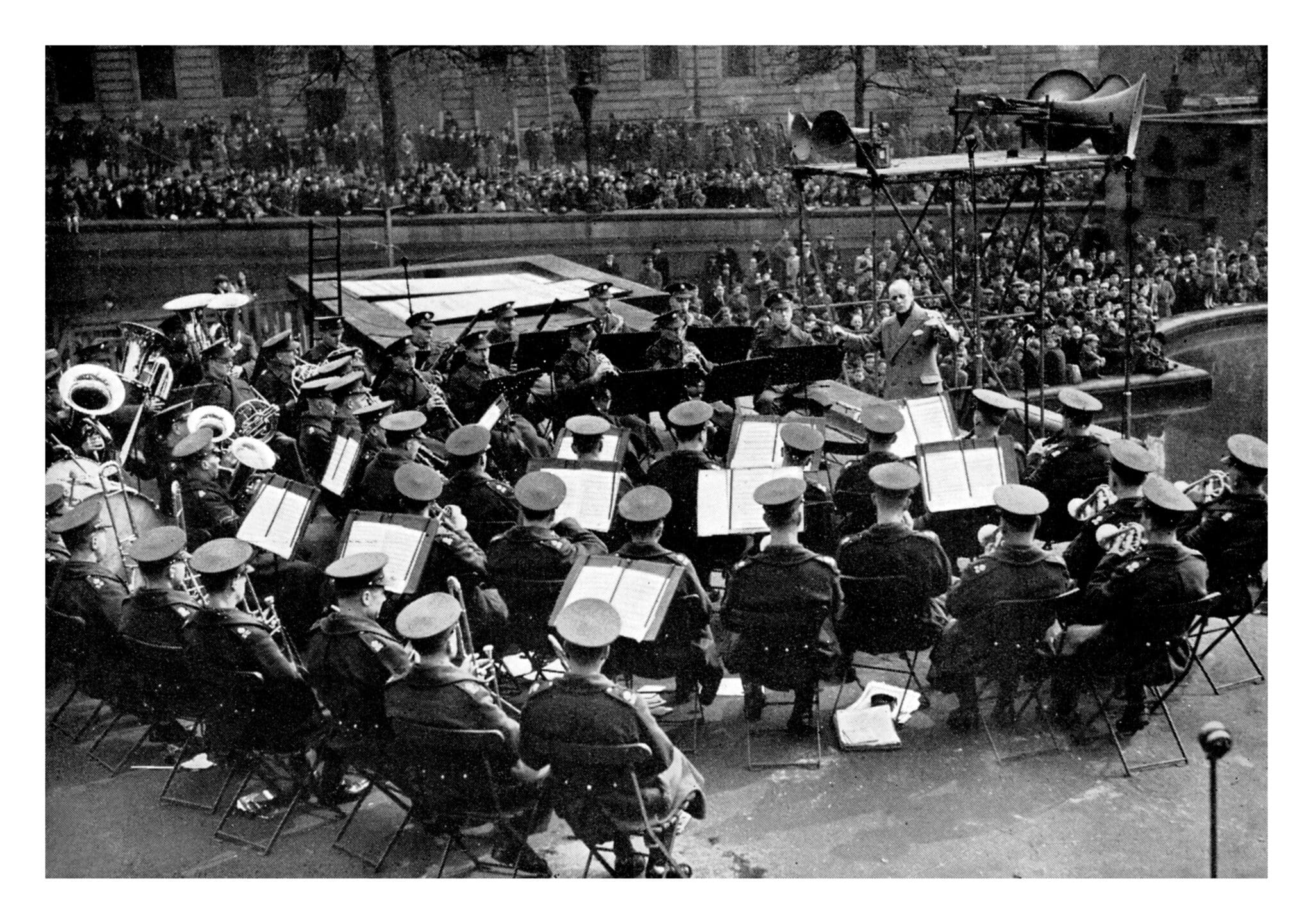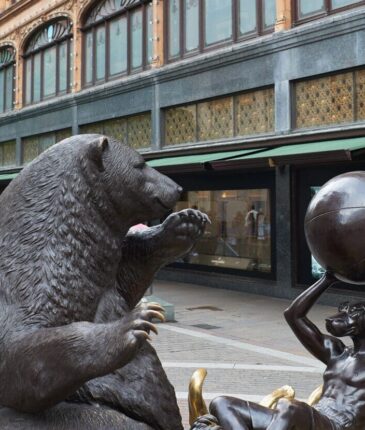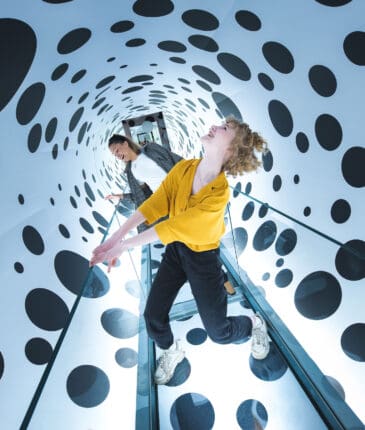The esteemed 20th-century composer became an overnight sensation when his rousing march, inspired by bustling Knightsbridge, was selected as the last-minute theme tune for BBC radio show In Town Tonight
Words: Rob RyanMusical Knightsbridge: Eric Coates
You might not recognise the name Eric Coates, but there is a very good chance you have heard his work. The theme from Desert Island Discs (aka By the Sleepy Lagoon)? That’s Coates, although the seagulls (which are actually herring gulls, recorded on the very un-tropical Isle of Man) were the BBC’s addition. The Dam Busters March, beloved, it seems, of every military and brass band and many orchestras? Coates, too. However, it wasn’t either of those tunes that made Coates famous among the British public, but a catchy march called Knightsbridge.
Eric Coates (1886-1957) operated in the now unfashionable idiom of Light British Classical Music, which has been pushed to the verge of extinction by our collective love of Beethoven, Bach, Brahms and the other big guns of the concert hall. Having played viola in several orchestras as a young man, and despairing of how dull his parts were, Coates made sure his own compositions were bright, memorable, very hummable and unmistakably English. He was born near Nottingham but studied at the Royal Academy of Music in London and settled in the capital, drawing much of his inspiration from the city and its people.
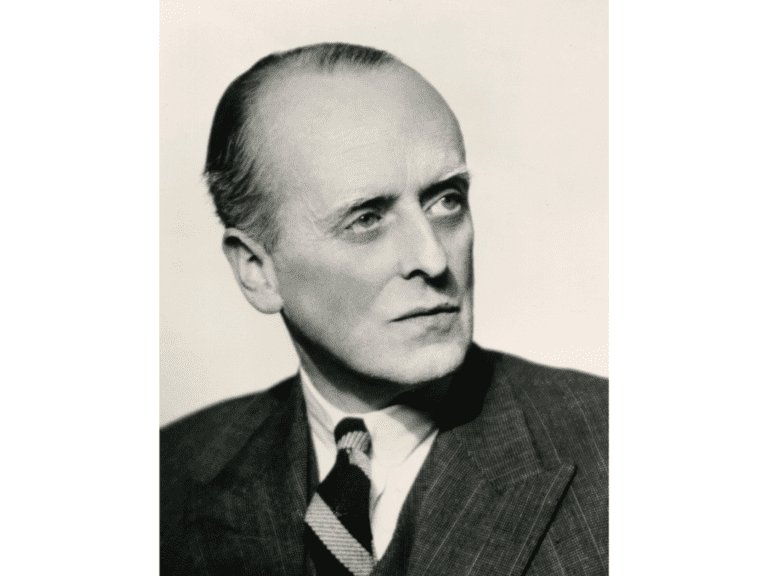
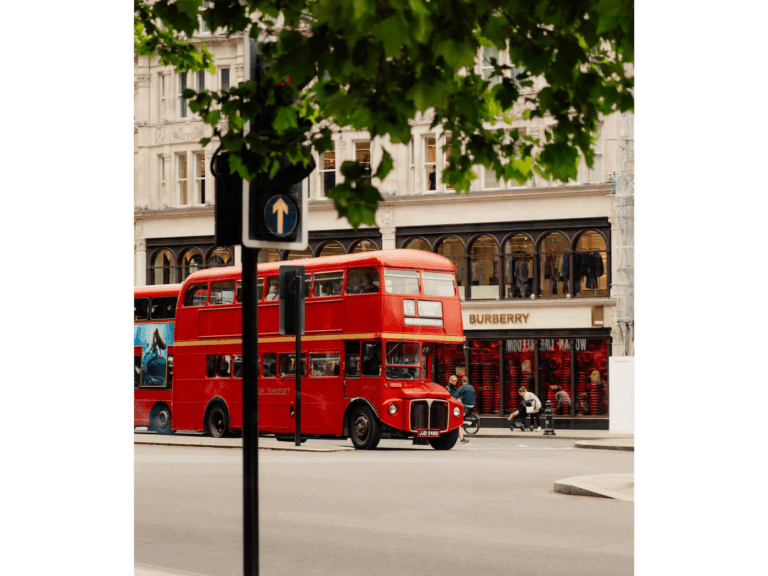
Coates lived in Marylebone and claimed it was the view from his rooftop terrace that suggested he try and capture London in a musical portrait. In 1932-3 he composed a three-part work called, initially, London Every Day and then the London Suite, which featured Covent Garden as the first movement (with echoes of the old folk song Cherry Ripe, suggesting the cries of the market’s costermongers), followed by Westminster (subtitled Meditation – its sweeping melody is meant to represent the district by moonlight) and finally Knightsbridge, a rousing march designed to conjure the bustle of shoppers and chauffeurs. Coates later claimed he pounded the pavements of each area to get an authentic feel for it. However, it is possible that the whole suite might have remained in relative obscurity, played only in concerts of “light” music, were it not for an oversight by the BBC.
Legend has it that when, in 1933, the corporation was about to unveil its new Saturday night flagship features programme In Town Tonight (think of a radio version of The One Show, focussed on the capital), it was realised at the last moment that the show didn’t have a theme tune. A BBC junior was rapidly dispatched to the music library to find pieces that had “London” in the title. He returned with several options, including the recent recording of Coates’ aural triptych. Knightsbridge, with its militaristic fanfare suggesting the Hyde Park Barracks, and a second motif that evoked rush hour, was selected. The show was a hit – the theme an even bigger success. It is said some 20,000 people wrote in asking for the name of the opening tune. The BBC resorted to printing a reply slip that simply informed the listener that it was called the Knightsbridge march and it was composed by Eric Coates.
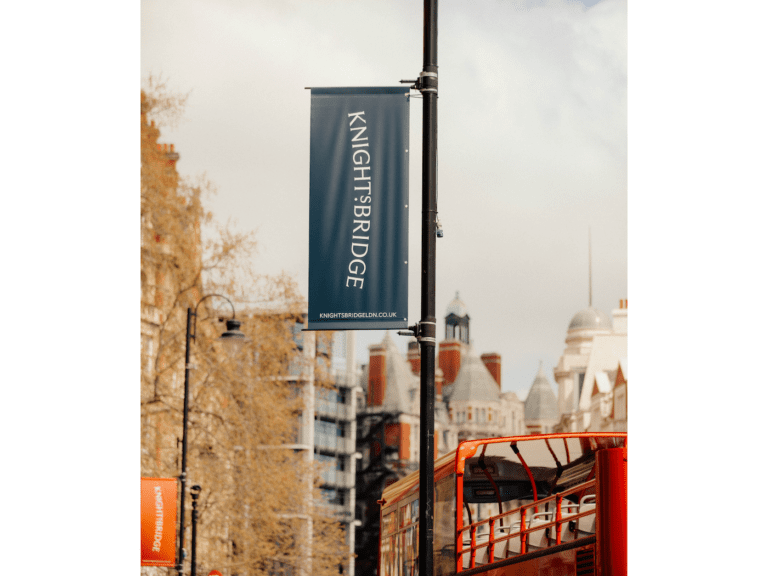
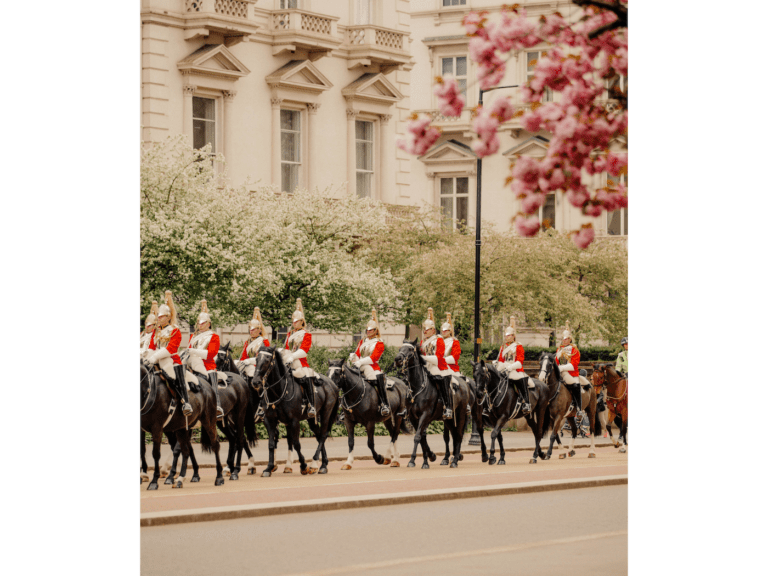
It’s difficult to imagine, at this remove, just how popular the Knightsbridge march became. Coates liked to tell stories, such as the traveller at a tube ticket office who suffered a sudden lapse of memory regarding the name of his destination. He offered to whistle a refrain that might remind him. The clerk instantly recognised it and issued a ticket to Knightsbridge. Or the time Coates corrected a clergyman in the public conveniences at Oxford Circus, who was humming it all wrong. I suspect the composer was fond of a little mythology.
Coates was both baffled and delighted by the appeal of his tune. ‘I know that I shall always be grateful for the popularity my music has achieved,’ he wrote. ‘And particularly for the success of my “Knightsbridge” march; I should be a poorer person in several ways had it not caught on. It is extraordinary the way in which [it] never fails to rouse the dullest of audiences. I cannot understand the reason for it, but over and over again, when I have been conducting it in public both in this country and abroad, the moment the double-basses begin the reiterated quaver beats at the opening, I can feel a sensation of excited anticipation coming from the audience and striking me in the back of the head.’
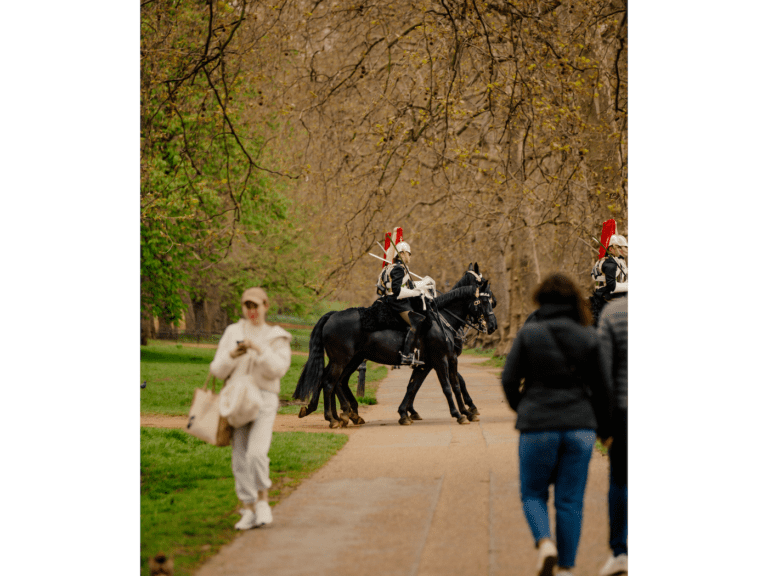
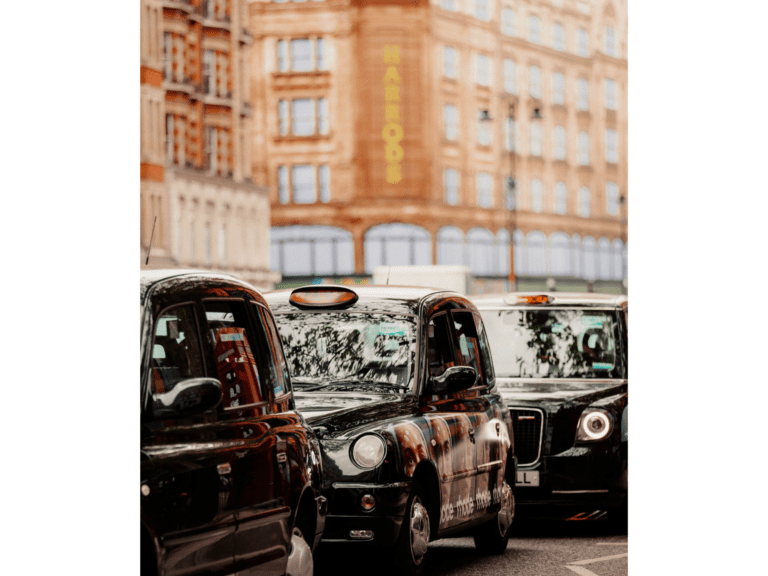
Coates avoided being a “poorer person” because he received a royalty from every broadcast of In Town Tonight, which finally went off air in 1960, three years after his death. He had also presumably been getting a steady income from By the Sleepy Lagoon ever since Desert Island Discs began broadcasting in 1942 (it also became a popular song with lyrics by American songwriter Jack Lawrence).
Buoyed by the success of the London Suite, Coates produced a sequel three years later in 1936 – the London Again Suite, featuring orchestral depictions of Oxford Street, Langham Place (a homage to BBC HQ) and Mayfair. This, however, failed to produce anything as memorable or lucrative as the original. It might be fading into distant memory, but for almost three decades, as far as a large proportion of the population was concerned, Knightsbridge was the sound of Saturday night.
Rob Ryan is a journalist, author, screenwriter and jazz correspondent
